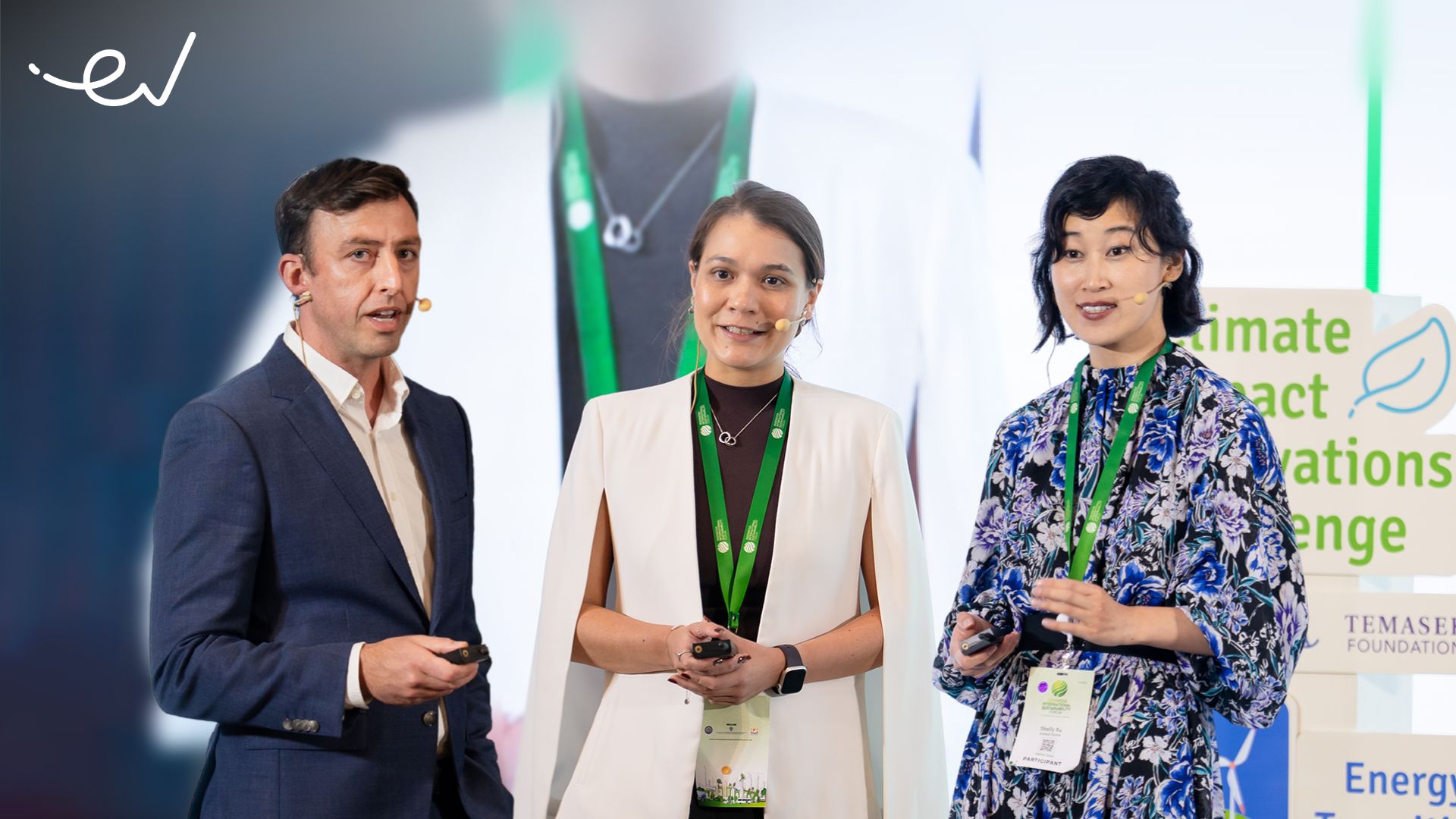In 2013, Angelina Jolie, a Hollywood movie star and filmmaker, made a brave medical choice to remove both breasts as a preventive measure. She had another prophylactic surgery to remove her ovaries and fallopian tubes in the next couple of years. The decision was made due to a mutation BRCA1 gene that she carried, which had an 87% risk of breast cancer and a 50% ovarian cancer, diseases that caused the death of her late mother, grandmother, and aunt.
Angelina Jolie’s decision came from a simple blood test – a test to screen our genes and DNA that can diagnose genetic mutations and our risk of developing certain diseases. The test, part of genome sequencing applications, plays a crucial role in helping patients take preventive action before it evolves to be a disease.
Cancer has become the leading cause of death worldwide, accounting for nearly 10 million deaths in 2020, according to the World Health Organization (WHO). The disease also contributes to one of the highest Indonesian mortality rates. Approximately 396,914 new cancer cases were found in Indonesia in 2020, with breast cancer and ovarian cancer at the first and second in terms of the highest number and deaths, as per Global Cancer Observatory (Globocan) data.
In Indonesia, cancer and other non-communicable diseases, including cardiovascular diseases, diabetes, and respiratory disorders, account for 80% of deaths by diseases, 7% higher than the global average.
The government’s financial burden swelled about IDR 14.3 trillion in 2021 from the Healthcare and Social Security Agency (BPJS Kesehatan). A significant proportion of this sum is for the treatment of non-communicable diseases, with the highest for cardiovascular (IDR 7.7 trillion) and cancer treatment (IDR 3.3 trillion).
These diseases’ mortality rates and treatment costs would not be as high if patients had access to early detection and were able to avoid the risk factors of cancer or other illnesses. The country must improve preventive care to control mortality rates and high-cost treatment.
Genomics could hold the key to improving Indonesia’s healthcare system as it would enable early detection and provide targeted treatment of diseases.
Indonesia is in the early stage of genomics
Genomics is the study of the genome, which is an organism’s complete set of DNA sequences. It contains all the instructions required for that organism to function, including healing from diseases, growth, and responding to the environment. Genomics holds significant importance in several fields, such as agriculture, medicine, and biotechnology.
In the global health scene, genomic technology has been applied to evaluate carrier screening, assess disease susceptibility, predict disease prognosis, monitor and adapt drug resistance during treatment, and select personalized therapies.

Genomics industry development has matured in some countries, including the United States (US) and the United Kingdom (UK), with private sector players racing ahead to be at the frontier. Meanwhile, China and South Korea are in the growth stage through developing limited genomics clinical applications.
The global investment bank, J.P. Morgan, revealed that precision medicine, one of the genomic technologies derivatives, will be the next trend in healthcare innovation. The industry is extensively developing mRNA cancer vaccines as personalized vaccines for individual patients to provide the ‘biological software’ to the patient’s immune system.
Meanwhile, Indonesia is still in the pilot stage of developing genomic sequencing. In August 2022, East Ventures supported the Indonesian Ministry of Health for the launch of the Biomedical and Genome Science Initiative (BGSi). The initiative aims to transform Indonesia’s healthcare industry by helping healthcare services to improve diagnosis, treatment, and medication for significant diseases in Indonesia. Six national public hospitals were appointed as hubs focusing on six diseases, including cancer, infectious diseases, brain and neurodegenerative diseases, metabolic diseases, genetic disorders, aging, nutrition, and wellness.
Leveraging genomics can also bring economic and social benefits to Indonesians. Genomics can help to increase productivity for the Indonesian economy as early detection of diseases will not make people exit the workforce. Moreover, it can reduce the high costs of healthcare in the long term.
Indeed, broad genomics applications can be accelerated with the private sector’s support. Some early-stage startups have emerged and shown their capabilities to bridge healthcare issues.
Nalagenetics began its story by creating genetic test kits for leprosy patients in Papua and West Papua. The company now focuses on personalized medication and screening.
While Nusantics, a biotechnology startup, aims to accelerate microbial and microbiome diagnostics for one health application. It has also been backed by the world’s leading genomics company Illumina.
As an early believer in Indonesia’s digital ecosystem since 2009, East Ventures believes genomics paves the way ahead to transform our healthcare system. We continue to double down our investment in the healthcare field, particularly biotech and genomic technology.
Like Angelina Jolie’s case, genomic sequencing and technology will soon allow Indonesians to make better informed medical choices so that we can control the risks and prevent diseases earlier.
Make sure to download the full East Ventures’ white paper “Genomics: Leapfrogging into the Indonesian healthcare future”







